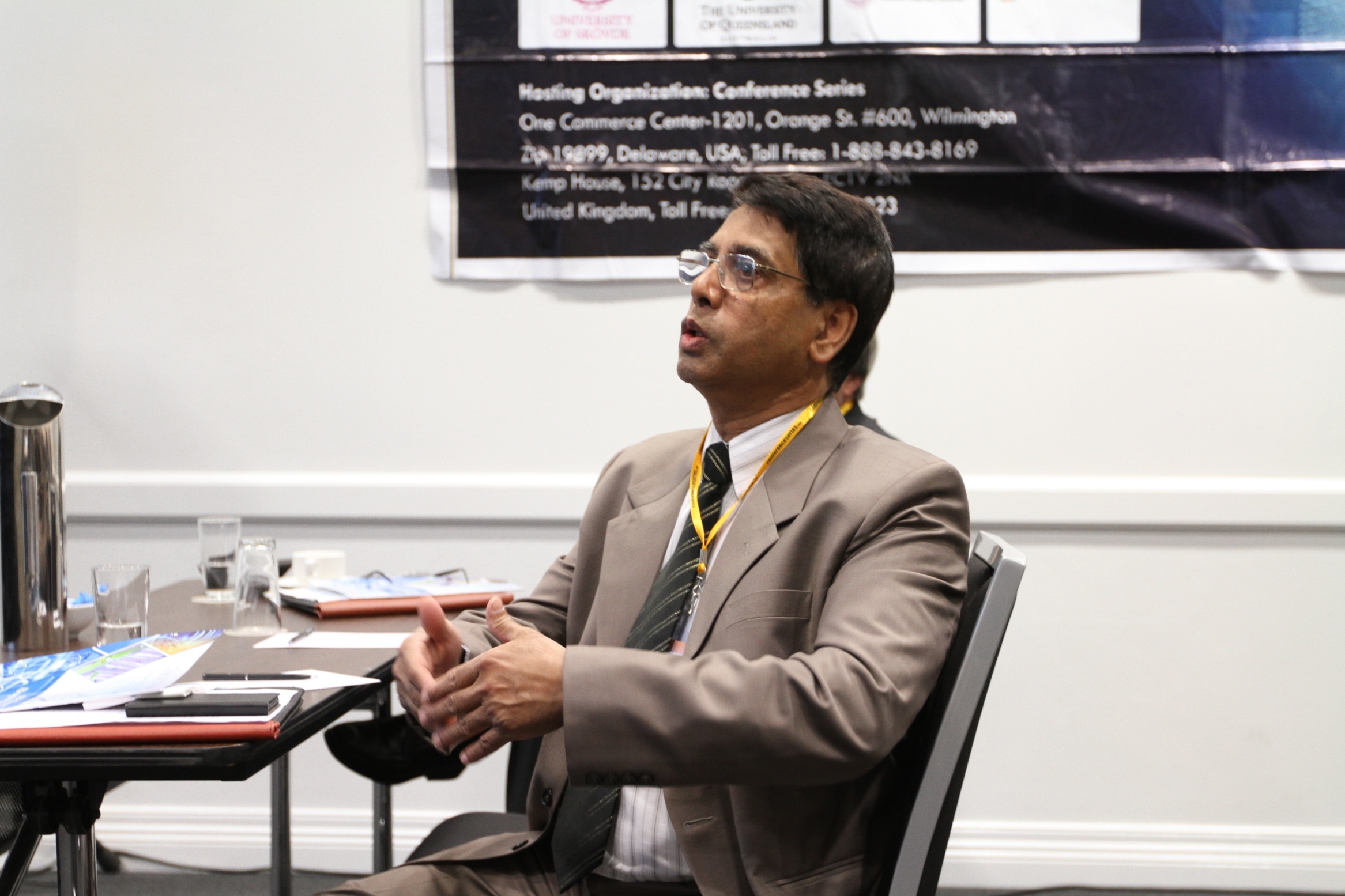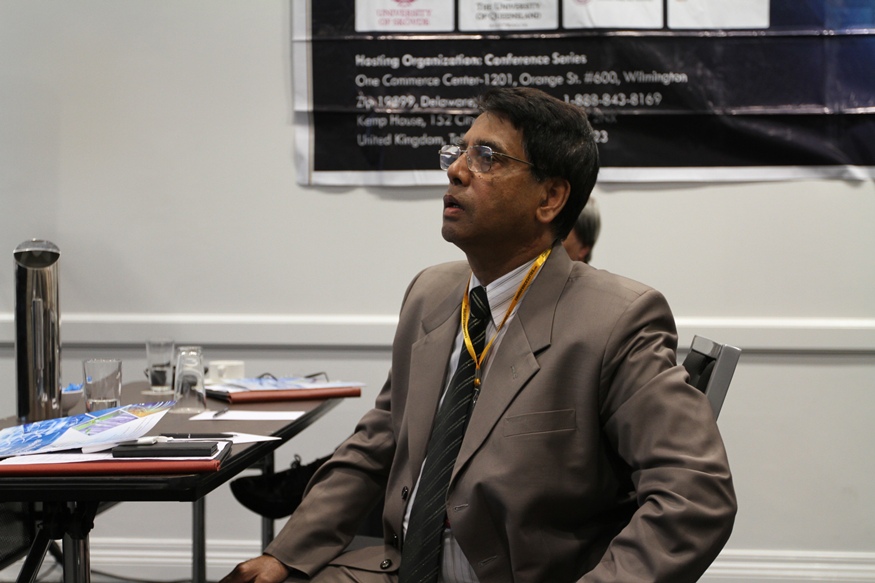
Abul Mandal
University of skovde,Sweden
Title: Genetic engineering of tobacco plants by expressing arsenic responsive genes of Lysinibacillus sphaericus and Arabidopsis thaliana for removal of arsenics from the contaminated lands
Biography
Biography: Abul Mandal
Abstract
Contamination of foods and water with heavy metals, such as arsenic is a severe threat to human health and the environment. Long-term exposure to arsenic leads to chronic poisoning of human health and results in severe diseases such as keratosis, gangrene, kidney damage, neurovascular disorders and many forms of cancer. In this paper we report our recent results on genetic engineering of tobacco plants for removal of arsenics from the contaminated lands so that arsenic free foods and fodders can be obtained from these soils. Previously, by using bioinformatics, molecular biology and microbiology tools, we have identified and studied three key genes suitable for this purpose. One of these genes (PCS1) was isolated from the model plant Arabidopsis thaliana and the other two genes (arsB and arsC) were isolated from an arsenic resistant bacterium Lysinibacillus sphaericus collected from an arsenic contaminated land in South East. Our modeling studies show that by overexpressing PCS1, it is possible to increase the uptake and accumulation of arsenic in the roots of the model plant A. thaliana by 38%, which means that the arsenic content in the growth medium could be reduced by the same amount. Preliminary results obtained very recently in the laboratory experiments show that transgenic Escherichia coli strains overexpressing arsB and arsC genes of Lysinibacillus sphaericus can reduce arsenic content in the liquid growth medium by 46%. Now we have transferred these genes into tobacco plants in various combinations by using Agrobacterium tumefaciens T-DNA mediated gene transfer system and transgenic tobacco lines have been regenerated. Evaluation of bioremediation potentials of these plants (increased uptake and accumulation of arsenics) will be discussed.


